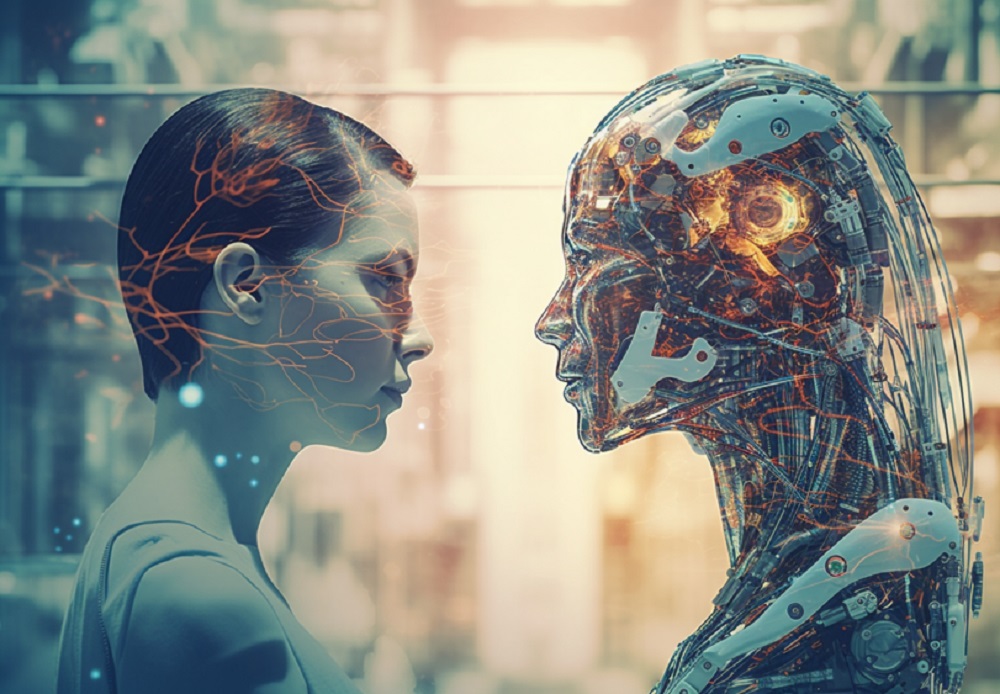Introduction
The integration of artificial intelligence (AI) into the education sector has the potential to revolutionize the way students learn and develop the skills they need for the future. AI-powered tools can provide personalized, adaptive learning experiences that cater to the unique needs and abilities of each student. In this article, we will explore the potential benefits and challenges of AI in education, and how it can be leveraged to enhance learning and skills development.
Personalized Learning with AI
One of the most exciting potential applications of AI in education is personalized learning. AI algorithms can analyze a student's learning style, strengths, and weaknesses, and provide customized feedback and guidance. For example, an AI-powered tutor could help students identify their areas of difficulty, and provide additional resources and exercises to help them improve. This kind of personalization has the potential to engage students, boost their motivation, and help them learn more effectively.
Improving Access to Education with AI
Another way AI can impact education is by increasing access to learning opportunities. AI-powered tools can provide online courses, tutoring, and resources to students who may not have access to traditional classroom education. For example, AI-powered language learning platforms can help students learn a new language from anywhere in the world, regardless of their location or resources. This can be particularly beneficial for students in rural or underdeveloped areas, or those who face other barriers to education.
Automating Grading and Feedback
One of the most time-consuming tasks for teachers is grading and providing feedback on student assignments. AI-powered tools can help automate this process, freeing up teachers' time to focus on more meaningful tasks, such as providing personalized feedback and guidance to students. AI algorithms can provide instant feedback on students' writing, math, or coding assignments, allowing them to quickly identify and address any mistakes or areas for improvement.
Enhancing Student Engagement and Motivation
AI-powered tools can also enhance student engagement and motivation in the classroom. For example, gamification and virtual reality experiences can be used to create interactive, engaging learning experiences. AI-powered tools can also provide real-time feedback and guidance to students, helping them stay motivated and on track to achieve their learning goals.
Addressing the Challenges of AI in Education
While there are many potential benefits to integrating AI into education, there are also significant challenges that must be addressed. For example, there are concerns about the impact of AI on employment in the education sector, and the potential for AI algorithms to perpetuate biases and perpetuate existing inequities in education. It's important for educators, policymakers, and technology experts to work together to ensure that AI is used in a responsible and ethical way in education.
Bottom-Line
AI has the potential to revolutionize education by providing personalized, adaptive learning experiences, increasing access to education, automating grading and feedback, and enhancing student engagement and motivation. However, it's crucial to address the challenges and ethical considerations associated with AI in education, in order to ensure that it is used in a responsible and effective way. As the field of AI continues to evolve, it will be interesting to see how it continues to impact the future of education and learning.






